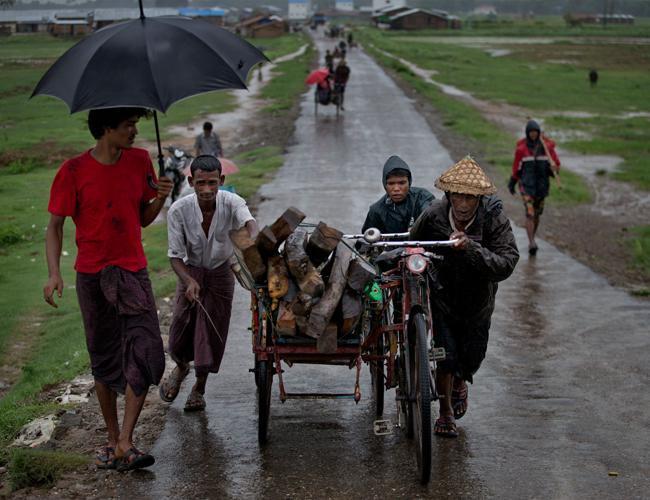
Myanmar has subjected Rohingya Muslims to long-term discrimination and persecution that amounts to “dehumanizing apartheid,” Amnesty International said on Nov. 21 in a report that raises questions about what those who have fled a violent military crackdown would face if they returned home.
Since late August, more than 620,000 Rohingya have fled Myanmar’s Rakhine state into neighboring Bangladesh, seeking safety from what the military described as “clearance operations.” The United Nations and others have said the military’s actions appeared to be a campaign of “ethnic cleansing,” using acts of violence and intimidation and burning down homes to force the Rohingya to leave their communities.
U.N. Secretary-General Antonio Guterres said earlier this month that the world body considered it “an absolutely essential priority” to stop all violence against the Rohingya and allow them to return to their homes. They are now living in teeming refugee camps in a Bangladesh border district, and officials in Dhaka have also urged that Myanmar allow them to return with their safety assured.
Myanmar leader Aung San Suu Kyi said on Nov. 21 the government would follow a formula set in a 1992-93 repatriation agreement between Bangladesh and Myanmar, which are holding bilateral negotiations on the new refugee crisis.
Amnesty International compiled two years’ worth of interviews and evidence in its report, detailing how Rohingya lived within Myanmar, where they were subjected to a “vicious system of state-sponsored, institutionalized discrimination that amounts to apartheid,” meeting the international legal definition of a crime against humanity.
Rohingya Muslims have faced state-supported discrimination in the predominantly Buddhist country for decades. Though members of the ethnic minority first arrived generations ago, Rohingya were stripped of their citizenship in 1982, denying them almost all rights and rendering them stateless. They cannot travel freely, practice their religion, or work as teachers or doctors, and they have little access to medical care, food or education.
Amnesty’s report said the discrimination had worsened considerably in the last five years.